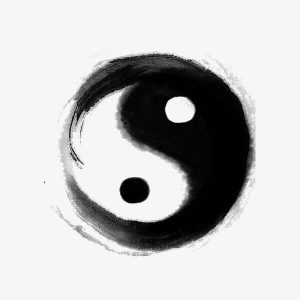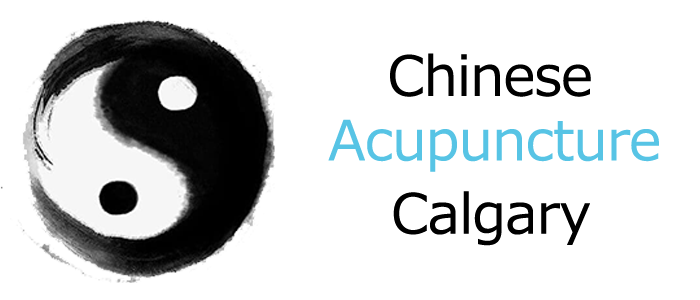FAQ's - Acupuncture, Traditional Chinese Medicine, & Alternative Treatments

What Is The Consultation Process For Acupuncture & Traditional Chinese Medicine
The consultation includes questioning, observing, examination of the pulse and tongue, as well as physical examination when required. What the physician is looking for are not symptoms in isolation but rather a pattern into which is woven a total picture of the patient. Tongue and pulse diagnosis are highly refined in Chinese medicine.
How Long Is Each Treatment & How Many Sessions Are Required
Treatments are approximately 1 hour long. The number of treatments required depends on the condition being treated and the response of the patient to treatment. Treatment of chronic conditions is usually once per week to begin with; and for acute problems, can be daily until the practitioner is confident that longer intervals are beneficial as the body’s healing abilities are enhanced.
Are Acupuncture Needles Safe? Can I Get An Infection?
We only use disposable needles, there is no risk of infection in Dr. Amy Lao’s Acupuncture Cabinet
Do Needles Hurt?
In a treatment, needles are inserted at various points on the body and limbs. The needles themselves are very fine (they could pass down the centre of a hypodermic needle). After insertion, they may be moved gently to produce the desired result on the energy, and then they are left in place for the required amount of time.
In many conditions, the sensation is no more than a slight prick (although sometimes a shooting nerve-like sensation is experienced).
It is common to feel very relaxed and even fall asleep during the treatment.
Digestive Problems
- ulcers, dyspepsia (indigestion), stomach pains, loss of appetite, anorexia,
- hiccups, difficulty swallowing, colitis, intestinal disorders, diarrhea, constipation,
- bloating, hemorrhoids, gallbladder problems, liver disease, vomiting.
Respiratory Problems
asthma, bronchitis, emphysema, laryngitis, sinusitis, rhinitis (runny nose), cough, colds, flu, dyspnea (shortness of breath).
Circulatory Problems
numbness, cold limbs, chills, swelling, edema, hypertension, hypotension.
Urinary Problems
prostate problems, cystitis, incontinence, difficulty urinating.
Genital Problems (Female)
vaginitis (vaginal infection, vaginal irritation), painful menstruation, heavy periods, irregular periods, missed periods, menopause, low libido, infertility, impotence, pregnancy problems.
Hearing Problems
some kinds of hearing loss, tinnitus, ringing ears, Meniere’s disease, ear pain.
Eye Problems
some kinds of paralysis (including hemiplegia), muscular atrophy and muscular dystrophy.
Musculo-Skeletal Problems
some kinds of paralysis (including hemiplegia), muscular atrophy and muscular dystrophy.
Mental Health
nervousness, anxiety, insomnia, stuttering, nervous tics, phobias, depression, general fatigue, obsessions, nightmares, bulimia, vertigo, tremors, loss of balance.
Skin Problems
eczema, herpes, zoster, boils, dermatitis, psoriasis, acne, hives, athlete’s foot.
Allergies
hay fever etc.
Pain Relief
arthritis, rheumatism, stiff neck (torticollis, wryneck), neck pain, sciatica, lumbago, muscle pain, headaches, migraines, sports injuries, tennis elbow, cramps, sprains, bursitis, trigeminal neuralgia, facial neuralgia, knee problems.
Other Conditions
diabetes, arteriosclerosis, cholesterol problems, hypoglycemia, hyperglycemia, anemia, mononucleosis, epilepsy, Parkinson’s disease, multiple sclerosis, ataxia, myelitis, fibroids, addiction (e.g., smoking, drugs, alcohol, overeating).
Is There Anyone Or Any Condition That Cannot Be Treated By Traditional Chinese Medicine
Yes. In consultation, your TCM practitioner will advise if the condition is treatable and what improvements may be expected.
Can Children Use Traditional Chinese Medicine?
Yes. Traditional Chinese Medicine can be used to address common childhood diseases, colds, flu, infection, allergies, sleep problems and more.
Can TCM be used in conjunction with Western medicine and other alternative treatments?
TCM can be combined with Western therapies and alternative treatments. You should advise your practitioner of any other alternative therapies you are utilizing in order to insure effective TCM treatments.
Are the beneficial effects of acupuncture treatments temporary, or are they cumulative toward permanent healing so that treatments are needed less often or not at all?
TCM takes into account the whole person, not only the disease symptoms but also the age, habits, physical and emotional traits, and all other aspects of the individual patterns of disharmony that have arisen.
The treatments are cumulative toward replacing these patterns with healthy patterns so the body is able to heal and maintain itself more efficiently on its own.
As soon as improvements are attained, should treatments be stopped?
Not always. It is strongly recommended, for best long-term results, that treatments be continued on your practitioner’s advice, until confident that your body can maintain and continue the improvements on its own. This will prevent future relapse.
